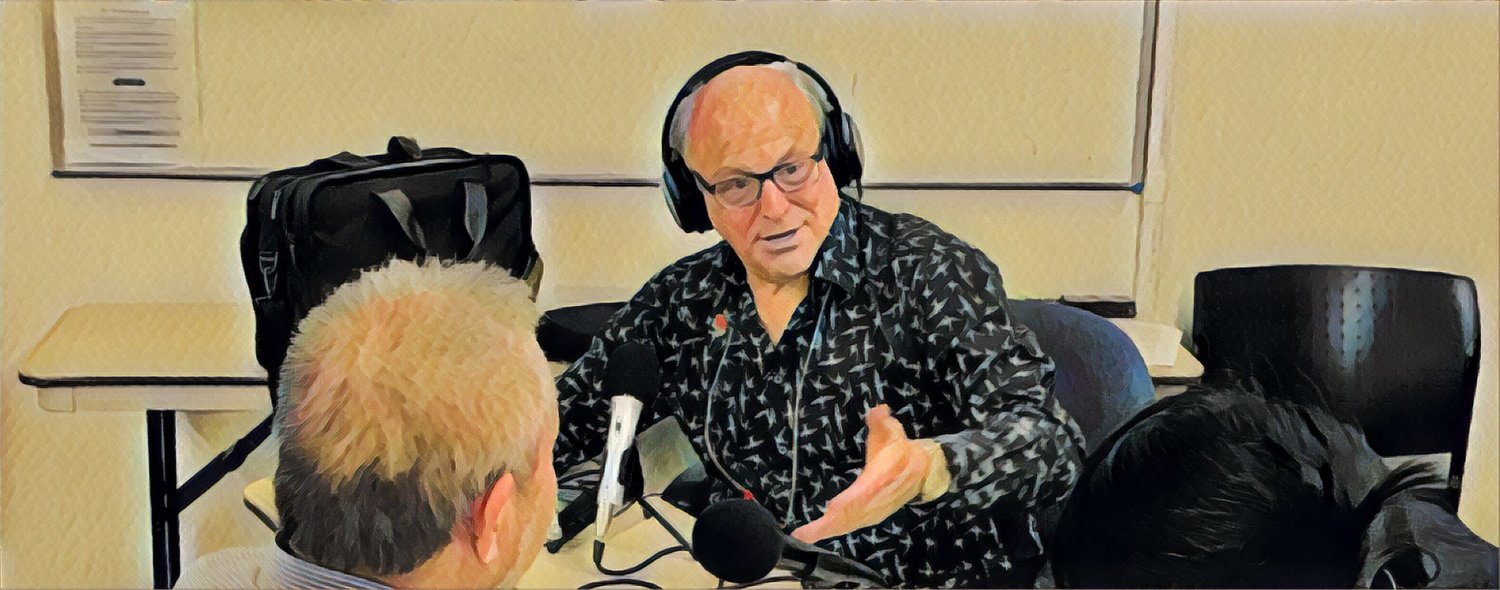Self-knowledge challenges us in many ways. Most fundamentally, self-knowledge means the end of the belief in separation. Interconnectedness with self, others, life, and Universe becomes the way we organize ourselves and our relationships. As we have been conditioned to believe in separation since infancy it is extremely hard for us to know ourselves as whole and a unity, actualizing the depths of our human potential and connected with all life.
With separation comes objectification. As absurd as it sounds, we judge ourselves from outside ourselves. I have a “huh” of disbelief as I write this, yet most parental, religious, and educational feedback for children centers on learning social norms, on developing cultural competence and only rarely on self-knowledge. This causes unnecessary suffering as we repress critical aspects of self in order to be normal. Check out the forthcoming Diagnostic and Statistical Manual of Mental Disorders, that bible of psychiatric diagnoses, to see how far reaching this suffering spreads. And these are only the ones called sick. The pernicious consequences of objectification stretch to include pollution, social injustice such as gender and racial bias, sexual practices, consumer habits—in short, most of the decisions we make each day.
Participation, not objectification, is the hallmark of self-knowledge. Accepting responsibility for the way we see the world reveals the intimate connection between mind and nature and is the essence of spiritual insight. Gregory Bateson, brilliant anthropologist and master of cybernetics whose work has profoundly influenced fields of inquiry ranging from psychology to computer science to philosophy, put it this way: Consciousness is the bridge between the cybernetic networks of individual, society and ecology and that the mismatch between the systems due to improper understanding will be result in the degradation of the entire supreme cybernetic system or Mind [in other places he links Mind with God.]
In simple terms, it is the way we view ourselves and the world that must be changed. This is beyond any particular program; it is the work in consciousness, in undermining the belief that we are separate and therefore can autocratically control the environment and one another. Seeing ourselves as whole, as interconnected, supplants objectification with participation.
We enter the space between when we participate. Each person’s inherent value informs the space between—the place where vulnerability, openness, and transparency allows us to see and hear one another, to be together with empathy and insight. Relationships enhance each person’s self discovery. Our mutuality is a cornucopia of growth and insight.
What does this have to do with paradox? Simply this: many “truths” that we hold to be dear are rooted in the belief in separation. Seen from self knowledge they appear paradoxical. Yet given some contemplation, their validity takes hold and the dreaded grasp of objectification lessens.
Here are a couple of examples.
Effortlessness equals perpetual motion.
Freedom has nothing to do with social justice; those living freedom live social justice.
Know origins and destiny only when all concern and consideration of them is obliterated.
Greatest freedom is surrender.
Beauty is in the eye of the beholder because the beholder is beautiful.
Pure awareness cares nothing about the contents of awareness.
The response to any problem, dilemma, or challenge is the problem, dilemma or challenge.
The wink of an eye (I) is eternity.
The eye of the needle is boundless.
A center of the Universe is the center of the Universe.
Attachment to wealth impoverishes.
The first and last paradox is that we know we do not know. Only then is the intimacy that is essential to knowledge known.
And my favorite: Everything I say is a lie.
May this blog remind us to engage meaning beyond seeming logic.
